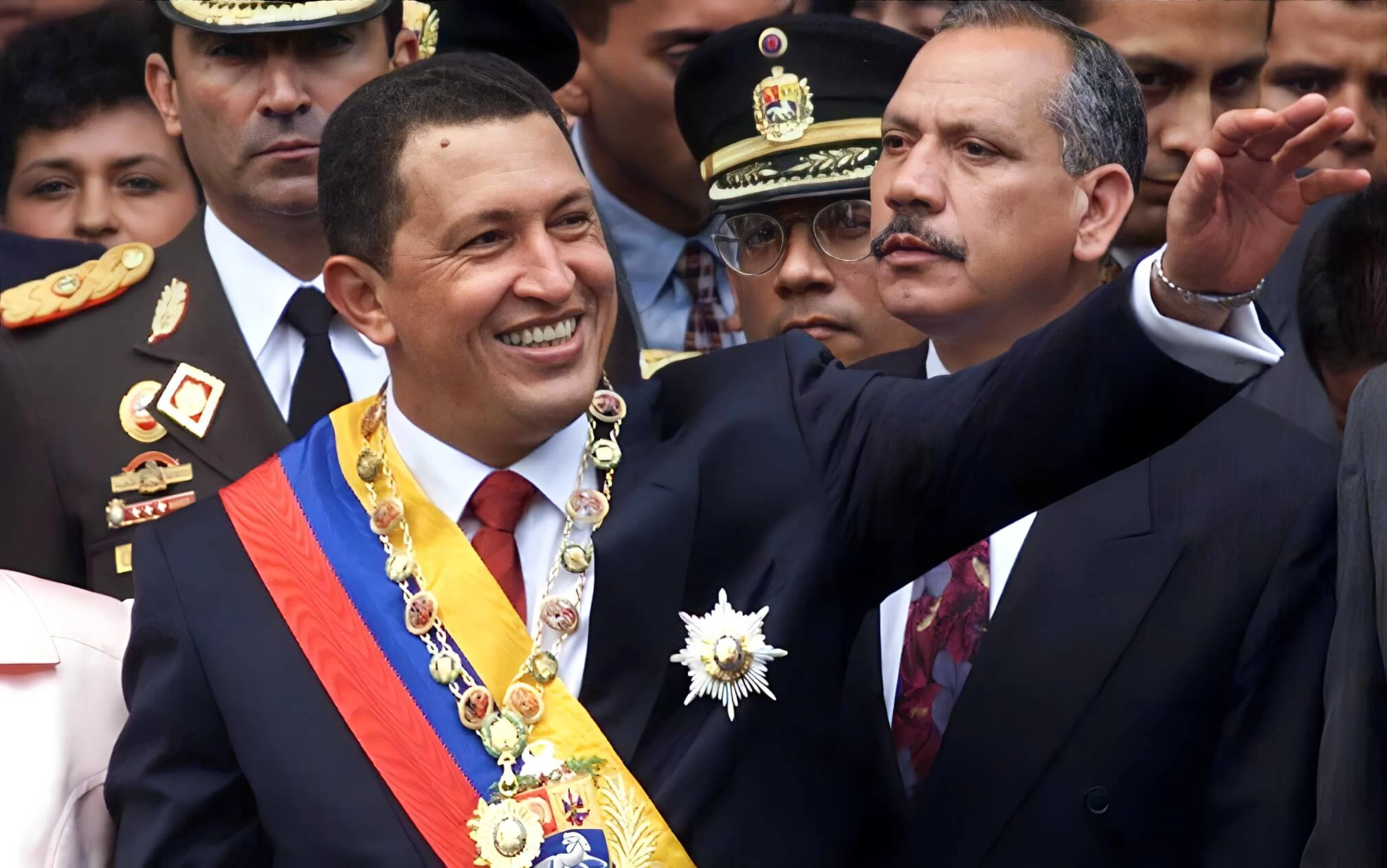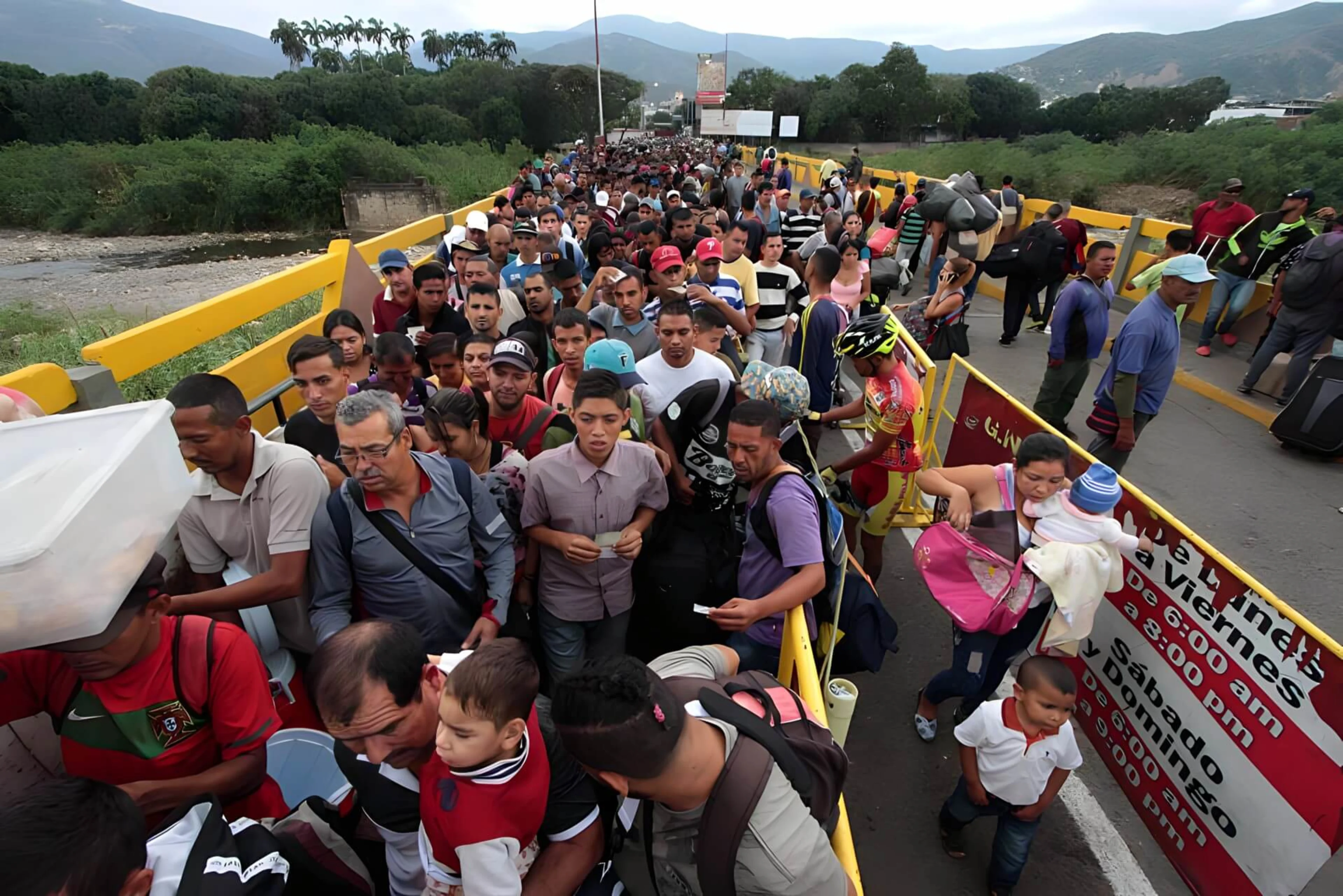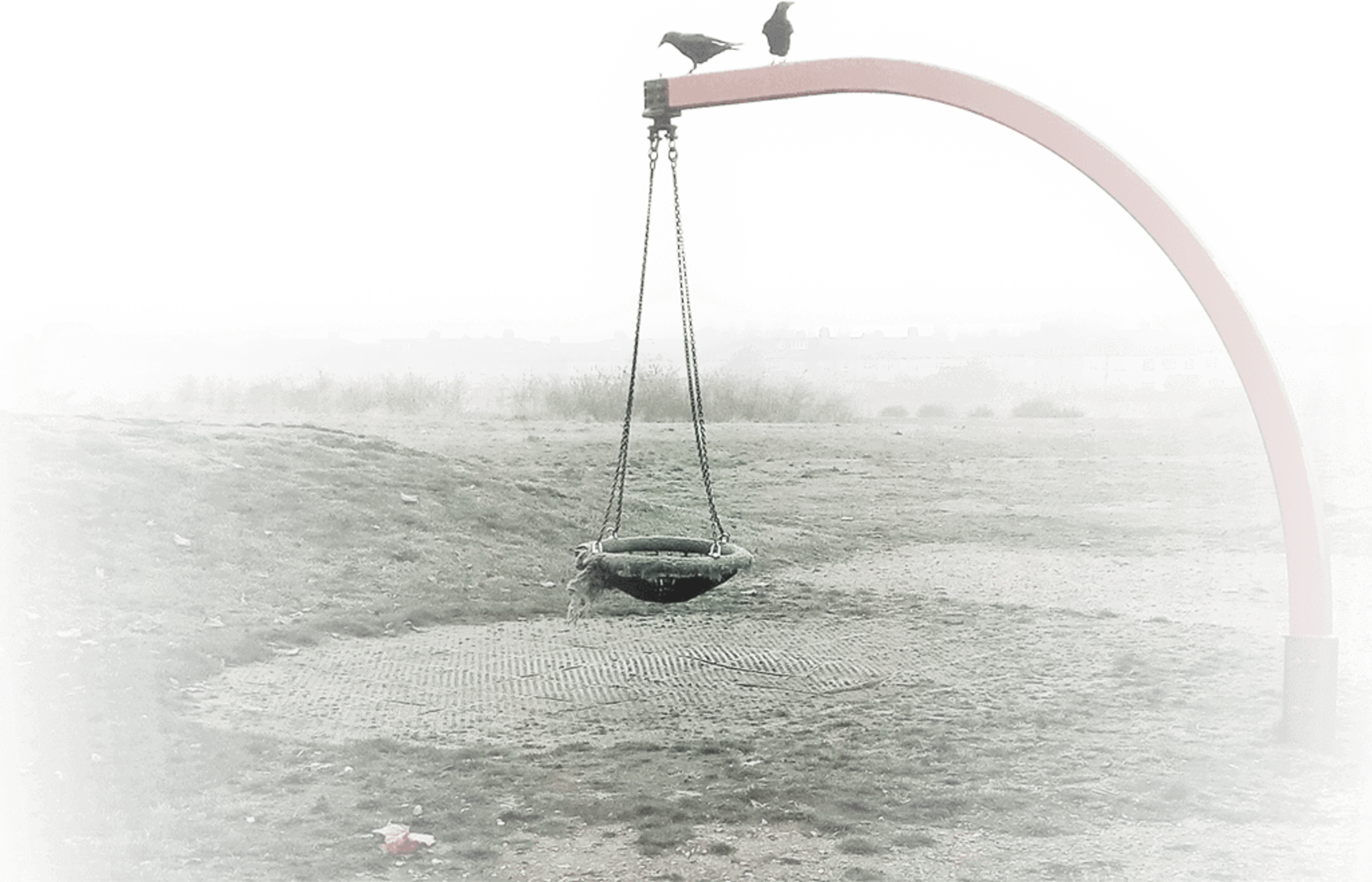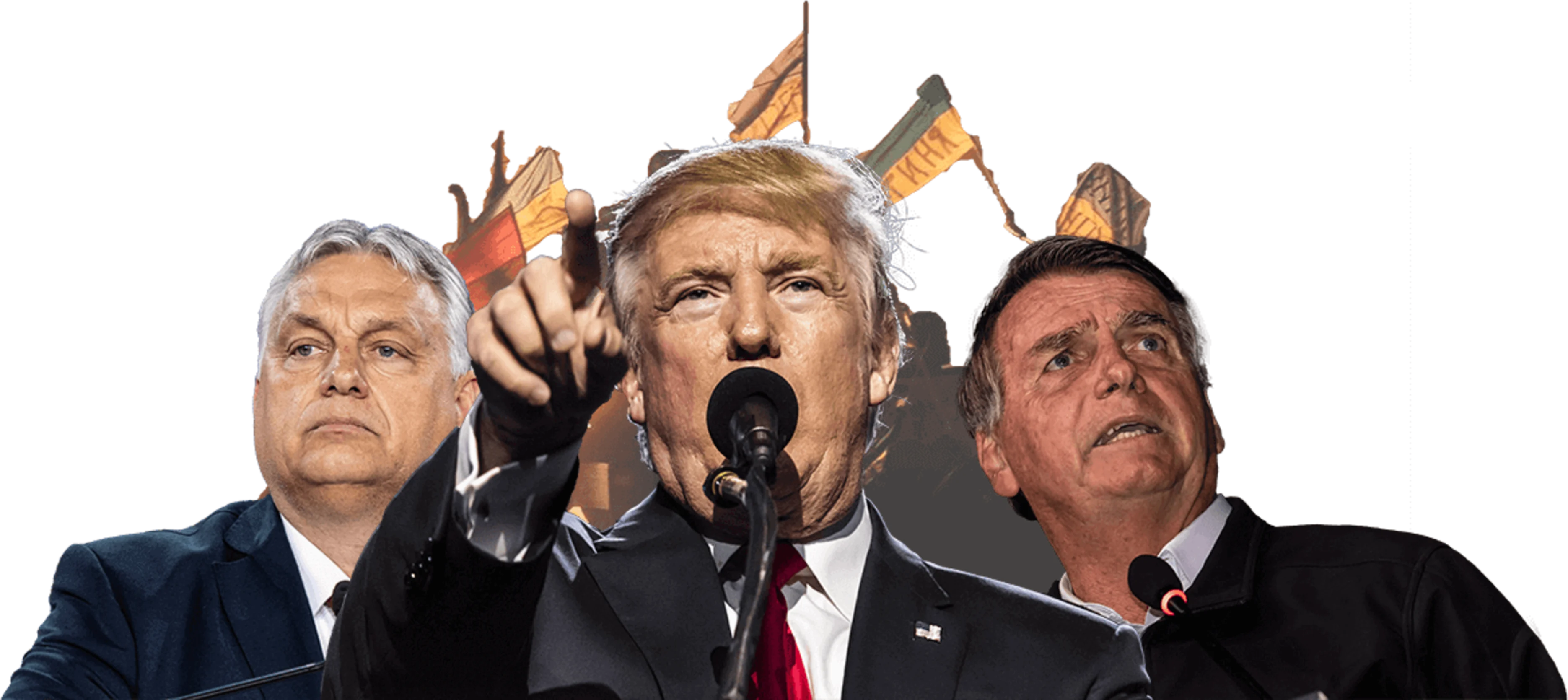When I was a child, my sister explained migration to me using a simple example. She said that birds migrate because they need to find a better place to live. It's hard to imagine that 7 million people without wings would leave their country for the same reason.
If you've been reading the International news section, you might be familiar with Venezuela, my beloved country. This state, known for being a cradle for liberators and revolutionaries, was once a place of hellish grace. Unfortunately, the current news is not about liberty and creation but oppression and destruction.
Discovered by Christopher Columbus in 1498, Venezuela has one of the richest histories of Latin American countries. Since the declaration of independence, the country has experienced different forms of government, from totalitarian to democratic.
From democracy to no man’s land
Venezuela became internationally known for its vast reserves of oil, attracting people from all over the globe to work and invest in Venezuelan natural resources. This transformed the country's economy into one of the greatest in the region.
Prosperity was found in many corners of the state. The oil reliability was high, education was easily accessible, and the economy had a constant growth path. Despite this, the government failed to secure the social growth and development of the population, and civic culture was lost. Therefore, this "stable democracy" started to crack, and a crisis was about to be born, one with political, social, and economic nature, never known to the country before. The system transitioned from a stable bipartidism to an unstable multipartidism, and democracy was left to welcome autocracy. Due to the failures of the system to advance with the progress of the nation, the land became fertile for an "outsider". In a cautionary tale, seemingly ignored by the west, very quickly a once democratic country fell into the iron grip of a populist.

Three outbreaks happened at the end of the 20th century: one social, one military, and one economic, causing the citizens of the country to strive for change. In stepped Hugo Rafael Chávez Frías, or as his supporters called him "The Commander", a political actor who arrived at power through democracy and had a direct impact on Venezuelan politics through neosocialist ideology. The "United Socialist Party of Venezuela" became the dominant political party in the country through fervent populism and a cruel political agenda. I was a baby when this man came into power, and I have spent twenty years of my life watching my beloved country go into a state of madness. Now, as a political science student, it's disturbing to analyse political objectives which “aimed” for the improvement of the nation to result in loss and devastation.
The nation became ruled by fear and anxiety, and basic products like toothpaste, toilet paper, food, and medicine were difficult to find or expensive to buy. The minimum salary was in the range of $1 to $40 per month, and most international indexes were downgrading the country rapidly.
Seven years ago, all twenty members of my family lived in Venezuela. Today, only five of us remain.
From 1999 to the present day, the country has experienced a constant decline in its economy, society, education, and life with dignity. More than 7 million Venezuelans have left the country in search of a better life and opportunities to grow. This number is similar to the population of whole countries like Paraguay, Laos, or Libya. Living in Venezuela was almost impossible; surviving became the general rule, and leaving the country became most Venezuelans' dream. The country with the largest oil reserves in the world suddenly became the country with one of the largest emigration crises in history.
The international impact of the Venezuelan migration crisis
Migration crises like this tend to have a direct impact on the international system in aspects like public policy, economy, cultural exchanges, and international relations. In the Venezuelan case, we can observe how this population has broken the global status quo by trying to find a home in places that are not their country of origin.
The economy has been affected in Latin America due to the Venezuelan migration in some countries of the region. In some cases, there are advantages to Venezuelan migration based on the educated manpower and professionals. Even so, this is not always the case. There are critical situations about this crisis, and there are some particular features of this emigrational phenomenon, starting with the fact that this event is not caused by conflicts like the cases of Ukraine or Syria but by the mismanagement of the country. The spectrum of Venezuelan migration also has its shades of cultural changes. With more than seven million people around the world, Venezuelans have brought their culture and merged it with those of the countries they live in, causing some cultural differences in language, gastronomy, and day-to-day living.

As a Venezuelan myself, I find it hard to live in a place where most of us don't feel secure about our future, a place with a government that does not listen to our voices, and a youth whose main dream is to leave. If you ask me which part has been the hardest, I would say the separation of families in the country. Seven years ago, all twenty members of my family lived in Venezuela. Today, only five of us remain in the country, and Christmas and birthdays would not be the same without my dear sister, cousins, and uncles.
The beginning of the end
It's sad to read that 7 million people have left, most of whom have gone through hell to immigrate, but I cannot help but feel hopeful when I read about the impact that my people have had all over the world. Venezuelan culture is now found in all corners of the globe, and our need for change has been heard by many countries.
Many states of the international system have raised their voices about the Venezuelan case, some condemning the regime, and others supporting it. Some NGOs have supported the Venezuelan population through mechanisms like humanitarian help and human rights programs, but the progress seems to be created by the Venezuelan population itself.
Entrepreneurship, informal work, and innovation have thrived as alternatives to a formal way of living. The reality of the situation has definitely changed throughout the years, and perspectives of growth have been present in and outside the nation. National and international changes have made their way through the impact of a population that has risen its voice as high as the Everest but is frequently ignored. A famous phrase is heard in a lot of cities in the world: "Venezuela is getting better". But is it really getting better, or are people just hacking their way into the status quo of this place?
Written by
Juan Diego PérezPolitical science student passionate about leadership, history, economy, international relations and writing.
Read next
We youth are doomed. Is it time to leave Britain?

Connor McIntyre
Trump, Bolsonaro, and Beyond: Is this what democracy was meant to be?

Taylor Green
I'm fed up with 'Forever'. Where's our Übermensch?

Sion Marsh
Weekly emails
Get more from Juan
The Fledger was born out of a deep-seated belief in the power of young voices. Get relevant views on topics you care about direct to your inbox each week.
Write at The Fledger
Disagree with Juan?
Have an article in mind? The Fledger is open to voices from all backgrounds. Get in touch and give your words flight.
Write the Contrast

